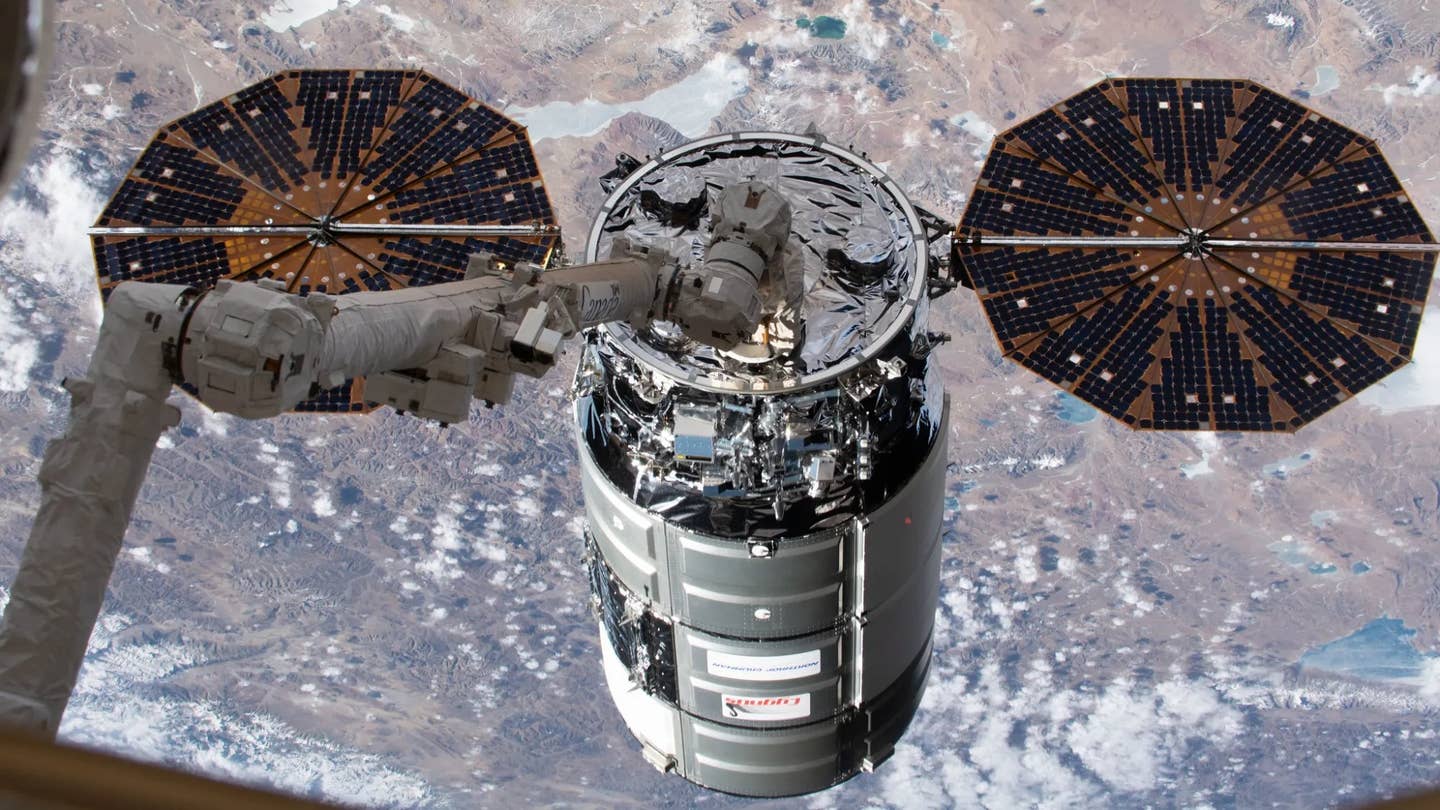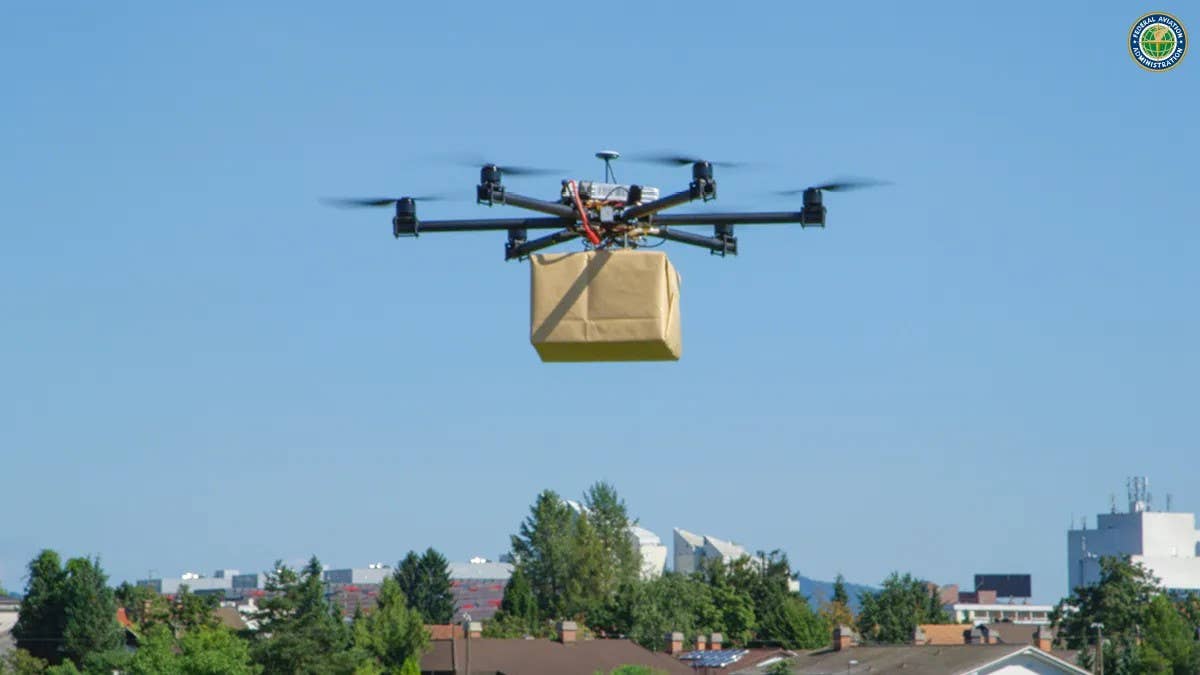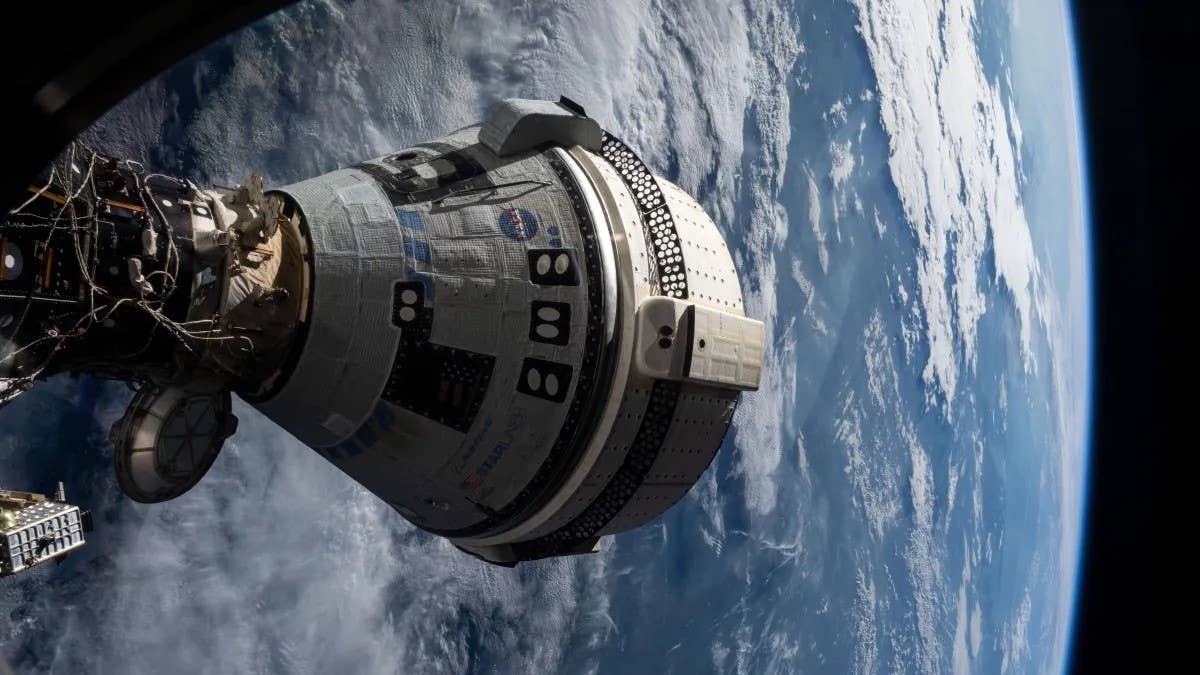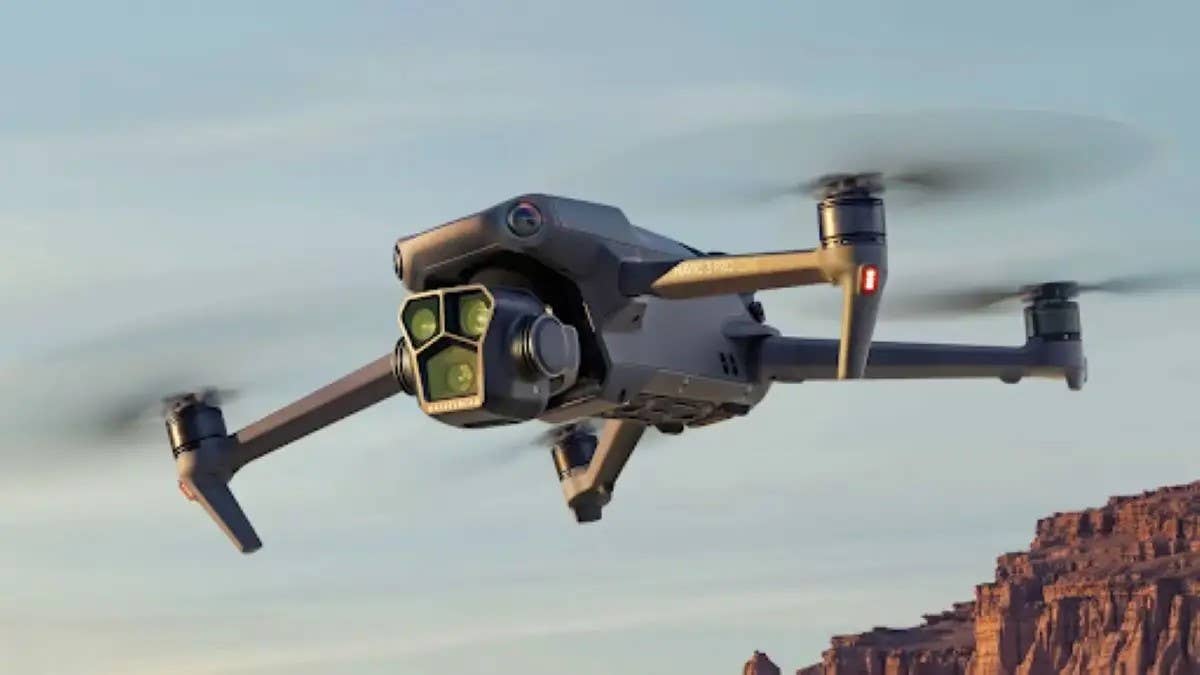GPS Spoofing Raises Alarms
Aircraft using Airway UMB688 in northern Iraq are experiencing complete navigation system failures due to hacking, according to a report.
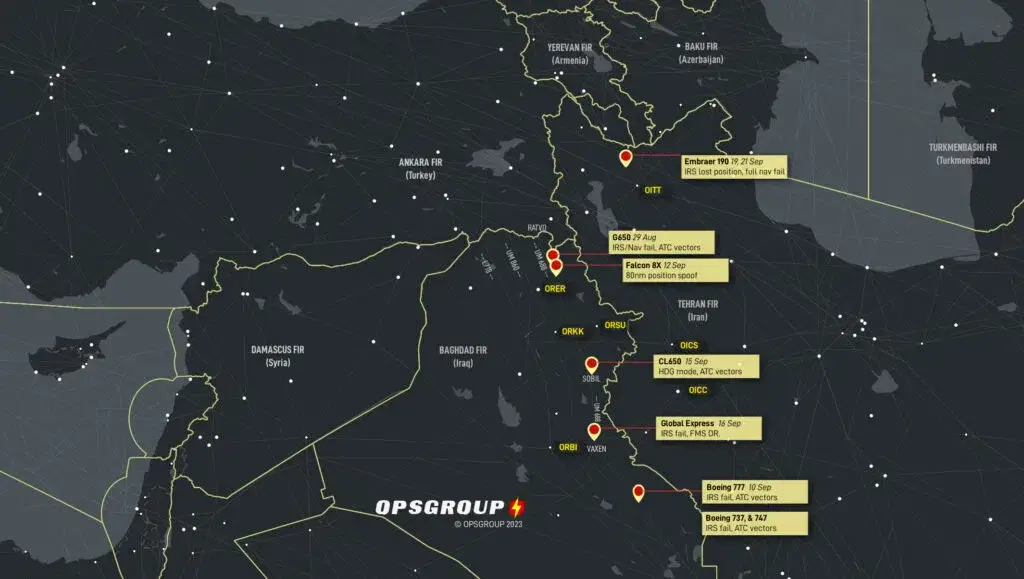
[Credit: OPSGROUP]
Editor's Note: This article first appeared on AVweb.com.
Someone in the Middle East has figured out how to spoof GPS data and it’s playing havoc with aircraft navigation.
OPSGROUP, a site used by airline, business and cargo pilots, is reporting that aircraft using Airway UMB688 in northern Iraq are experiencing complete navigation system failures because the hacker replaces the position data beamed by the GPS signals with false coordinates.
“[Twelve] separate reports have been now received by OPSGROUP, and in most cases the [Inertial Reference System] becomes unusable, VOR/DME sensor inputs fail, the aircraft UTC clock fails, and the crew have been forced to request vectors from ATC to navigate,” the site reported.
OPSGROUP says all of the aircraft involved have state-of-the-art navigation systems and include a range of Boeing, Gulfstream, Dassault and Bombardier aircraft. The publication stressed that this is not ordinary GPS jamming, which is a common occurrence in the area.
The attacks have all been the same so far. The specific GPS receiver on a single aircraft is sent a signal that shifts the displayed position by 60 nautical miles. The aircraft’s nav systems freak out at the sudden change in data and in almost all cases the screens become useless. Crews then have to call ATC for vectors to stay on course.
The publication says the loss of precise navigation data is especially dangerous in that area because of military action and the proximity of Iranian airspace, entry to which will likely prompt a military intercept.

Subscribe to Our Newsletter
Get the latest FLYING stories delivered directly to your inbox

